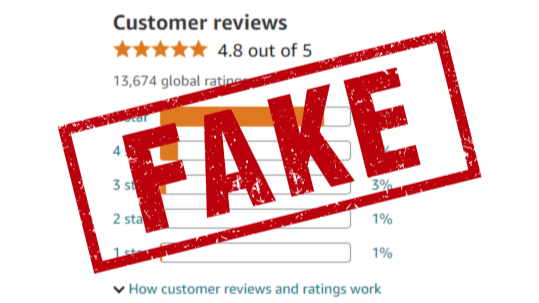
Luzern eCommerce and POTOO Solutions Partnership!
Exciting News! 📢 We are thrilled to announce a powerful new partnership between Luzern eCommerce and POTOO Solutions that will revolutionize how brands protect, optimize,…
Blogs | March 31, 2021
The Client:
The client is a global manufacturer of power tools. The products in its portfolio are classified into the following five categories: cordless tools, power tools, petrol equipment, cordless tool batteries, and accessories. Our focus for this project was tracking several of its product SKUs for shipping compliance. The products being monitored include circular saws, cordless saws, and cordless impact drivers. These products are priced from $100-$1,000 each.
The Situation:
The client was losing market share and brand credibility when unauthorized sellers were shipping their products directly from large retailers. They did this by scouring retailers for sale items, listing the same item at full price on the marketplace, and pocketing the difference. Once the buyer purchased the item on Amazon, the 3P seller would buy the product on the retailer’s site and have the product directly shipped to the buyer. This process is a direct violation of Amazon’s policy, and we spotted these violations on 20% of the client’s products we manage.
How Unauthorized Dropshipping Works:
Dropshipping is when a seller fulfills an order but does not have or keep the items in their possession. Some authorized sellers can store and ship products off-site using FBA (Fulfillment by Amazon) services. However, in our client’s case, the 3P sellers sent their products directly from home improvement retailers, which is not allowed.
Aside from being a direct Amazon violation, when customers buy the product from the marketplace, they expect to receive it in Amazon packaging and instead receive a box from a retailer. This scenario causes a host of issues, including:
* The brand is losing money. Customers are usually attracted to the lowest price on Amazon, which could be an unauthorized listing.
* It is difficult for the customer to return the item because it came from a retailer and not Amazon. (i.e., all receipts are from Amazon)
* Negative reviews start to appear on the client’s product as they can’t control fulfillment methods or product QA/QC.
Amazon’s Drop Shipping Policy:
Drop Shipping, or allowing a third-party to fulfill orders to customers on your behalf, is generally acceptable. If you intend to fulfill orders using a drop shipper, you must always:
* Be the seller of record of your products;
* Identify yourself as the seller of your products on all packing slips, invoices, external packaging, and other information included or provided in connection with them;
* Remove any packing slips, invoices, outer packaging, or additional information identifying a third-party drop shipper before shipping the order;
* Be responsible for accepting and processing customer returns of your products; and
* Comply with all other terms of your seller agreement and applicable Amazon policies.
Examples of Drop Shipping that is NOT permitted:
* Purchasing products from another online retailer and having that retailer ship directly to customers if the shipment does not identify you as the seller of record or if anyone other than you (including the other online retailer) appears on packing slips, invoices, or external packaging; or
* Shipping orders with packing slips, invoices, outer packaging, or additional information indicating a seller’s name or contact information other than your own.
Action:
The POTOO team conducted test buys for multiple products in the brand’s online catalog. These particular products include saws and other tools that can cause injury to the consumer if packaged incorrectly. Through our Test Buy Program, we discovered several violations of these SKUs, including:
* Some third-party sellers listed used products as “new.”
* The product warranty was missing in several packages.
* The safety instructions and user manuals were missing from several of the boxes.
* Products were arriving damaged, dented, and ripped as they were not shipped in the appropriate packaging. Note: Products such as saws, or other bladed items, must be shipped using foam rubber, styrofoam, bubble wrap, or another kind of cushioning material so that no one part of the blade will come into contact with the box. Packaging must have enough void-fill material to fill the gaps.
Results:
Over six months, POTOO identified a variety of non-compliant shipments. Our team submitted cases with the test buy violation evidence through Brand Registry, which resulted in an 83% success rate for removing unauthorized sellers and their offers from our client’s products. We continue to monitor these types of issues for the brand regularly.
Is your brand dealing with unauthorized drop shippers on digital marketplaces? Connect with one of our eCommerce experts today to learn more about how we can support you. potoosolutions.com/contact-us
Follow us to stay updated!
Follow us to stay updated!

Exciting News! 📢 We are thrilled to announce a powerful new partnership between Luzern eCommerce and POTOO Solutions that will revolutionize how brands protect, optimize,…

In the rapidly evolving e-commerce landscape, Amazon remains a powerhouse. With over 9.7 million sellers worldwide and counting, the platform provides unparalleled visibility and sales…

The Federal Trade Commission (FTC) has implemented a new rule prohibiting the use of fake reviews and deceptive testimonials online. This policy addresses a long-standing…